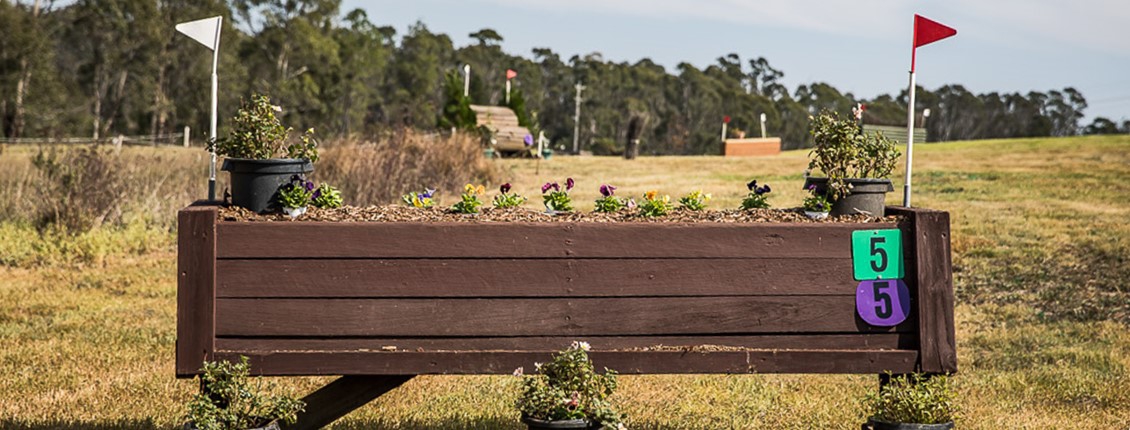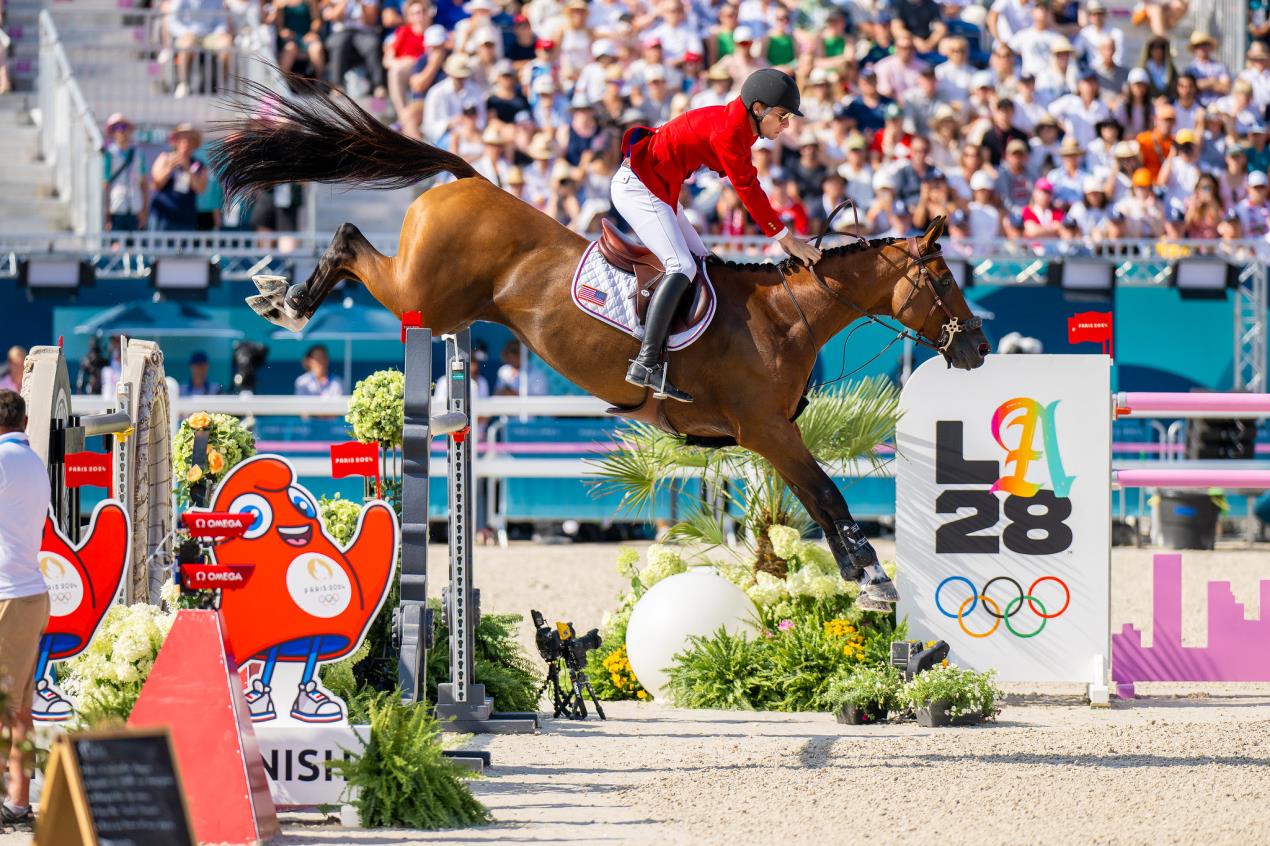
Cross Country Fence Safety
As CDs and TDs we do our best to ensure that XC courses present no higher risk than that inherent in the XC test to horse and rider.
Seemingly innocuous materials poorly placed or that become exposed after a horse hits a fence can cause significant injury, in particular to a horse.
We are all aware that the sharp edges on plastic drums and wine barrels etc must not be exposed in such a way as to present a hazard to a horse that hits a fence in the act of jumping-similarly we are careful to avoid trapping hazards where a horse may get its leg caught in a fence and be unable to extricate itself without injury.
What may be less apparent is that the construction of the fence should be sufficiently robust such that if a horse hits it hard the materials are not exposed by the fence deforming.
We recently had an incident that has highlighted the dangers of using corrugated iron in fence construction for houses/shelters etc.
In the event that the fence is damaged so that the edge of the iron sheeting is exposed it has the potential to cause extreme harm with what is effectively a sharp edge.
Particular care should be taken wherever this material is used and a reasonable assessment of the structure should be undertaken as follows:
- The frame must be sufficiently robust to prevent deformation in the event it is hit by a horse
- The underside of the iron is supported by sufficient timber to prevent deformation in the event the fence is “banked”
- All edges are concealed by timber capping of sufficient strength that will not easily break in the event of a horse hitting it
Older fences should be checked carefully for deterioration in what may have originally been a sound structure
If there is doubt as to any of the three points above the fence should be replaced
Thanks for your help –comments welcome
Regards,
Roger Kane
EA National Safety Officer










